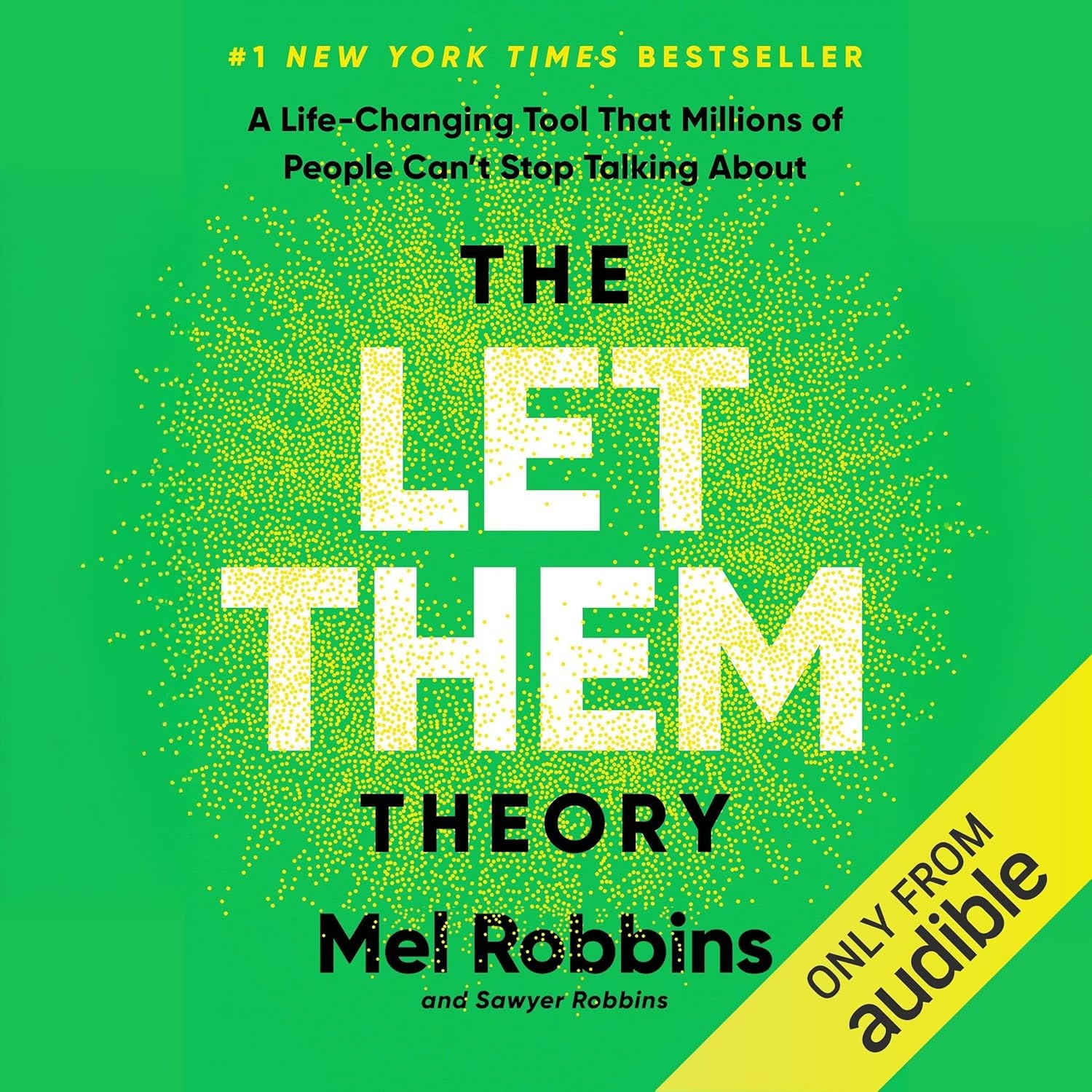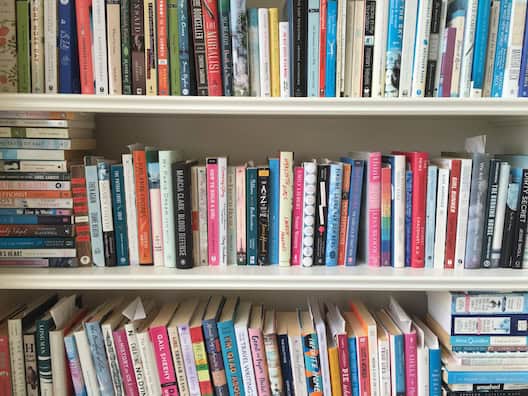![]() Your story is so powerful and so inspiring. What’s been the most rewarding part of the whole experience for each of you so far?
Your story is so powerful and so inspiring. What’s been the most rewarding part of the whole experience for each of you so far?
K: For me, the most rewarding part has been the opportunity to help others take a second look at their lives — to reexamine what’s really important. Hint hint: it’s not stuff. I think our work is helping people recognize that they can be more generous than they ever believed they could be.
H: I like those things too, but the most rewarding for me has been seeing what’s happening in the villages in Ghana. I see people starting to build new lives for themselves and their children. It’s awesome to see people who are living on less than one dollar a day wake up with a new sense of hope and optimism.
How has working together on something so big changed your relationship with each other? How has it changed the family dynamics?
H: This project has definitely created a new sense of family togetherness and closeness for us. We know each other better, and we know what’s important to each other. Joe and I are more confident and we speak up more.
K: Hannah’s right about that, and I’ll add one more thing. Our kids’ decision-making is better as a result of this project. That allows Joan and me to trust them more deeply than we might have otherwise.
What have you learned about each other through this journey? What have you learned about yourself?
K: We have learned so much about each other that it’s hard to encapsulate in a short answer. We’ve learned each others’ values, level of flexibility, passions. For instance, at one point Joe wanted to use all $800,000 that we were investing on just one or two homeless men or women to help them completely transform their lives. He loves that kind of big, focused gamble.
H: I’ll answer your second question. I’ve learned that I really have the power to help people change their lives. I mean, think about it, I’m just a teenager and the decisions that my family and I have made are helping tens of thousands of people in Africa live healthier, happier lives.
In hindsight, is there anything you would change or have done differently?
H: I don’t think we live that way. There are always ways we could have been smarter or better but the big decisions — like selling the house, sharing what we have, working with The Hunger Project — we wouldn’t have changed.
K: I would love to have a mulligan on buying another house before we sold our big house. Living the Painful Power of Double definitely wasn’t in the plans!
What was the most difficult part for each of you?
K: For me (and Joan) our decision to downsize put a moat between us and a few of our friends. We lost some friends over this. I sure wish that hadn’t happened.
H: I can’t think of anything specific on this. Sure I got teased by my friends, but it was good-natured and they were very supportive.
It seems like you’ve traded your “stuff” for so many more important experiences, feelings and relationships. You may actually be “richer” now! I’m sure I know the answer to this but do you miss anything you’ve given away?
H: Well, your first two sentences are exactly right. Our family is SO much richer now, our relationships are so much better. You can’t win when you’re chasing bigger, better stuff all the time. I can’t think of a single thing I miss. Not one.
K: If Joan were answering, she would tell you she misses her big, beautiful kitchen. But it’s such a small thing compared with what we gained from doing this project.
Since most families probably can’t sell their houses, what would you suggest as a way to start a giving project?
K: We don’t expect anyone else to sell their house. But we do believe that everyone has more than enough of something in their lives, whether it’s time, talent or treasure. I think that if people are introspective and truly examine their own lives, those extras become very clear. The trick is to find your own Half and recognize that the world needs what you have to offer.
H: Yeah, just to hook onto that, I think one easy way to start is small. If you spend six hours on Facebook or watching YouTube, cut that time in half and then you have a new resource of three hours to visit the elderly in a nursing home or clean up a neighborhood park. It doesn’t have to cost a penny.
What’s the status of your project?
H: Well, the work is continuing in the villages of Ghana, where The Hunger Project is running programs that take five years or more. True change takes patience and we are willing to be patient — even though I’m not really great at that! LOL!
K: At the same time, we have taken much of what we’ve learned and created programs based on The Power of Half at several schools in impoverished neighborhoods in Atlanta. We started working there in the spring, along with a brilliant social worker named Ed Morris, and the results are very encouraging. Students tell us they feel more powerful, more confident, and we know they are doing better academically. For the first time in many of these kids’ lives, they believe they can be givers and, more importantly, that they have something the world needs. For a kid growing up in poverty, with no dad around most of the time, that’s really a shift.
Kevin, what an amazing daughter you’ve raised! Hannah was pretty much the motivation behind the whole idea. How proud are you of her?!
Joan and I are very proud of both Hannah and Joe. They’re not perfect, but they are really fine people. What Joan and I have tried to instill in them is that they have gifts and they need to bring those gifts to others who are more needy.
What was your first reaction when your wife suggested selling the house and giving away the profit? I think I would have been kicking my husband under the table and giving him that look that says, “Let’s talk about this ourselves!”
The table was too long for that, or maybe my legs are too short. Seriously, though, while I thought the idea was a bit nuts, several years ago I realized that I am happiest when I’m living boldly. So, while selling the house would never have been my idea, I was willing to see where this adventure might lead. Also, the more I thought about this idea, the more I understood just how overly big we were living. We really did have far more house than we needed, and the idea that we could share this single asset and help tens of thousands of others made it almost imperative.
Hannah, were you surprised at how deeply your family got into this?
Definitely. I was surprised that people listened to me. I was surprised that my family went along with something this bold. And I was surprised to learn how much power I — and all of us, really — have to make change.
I love that you include your own thoughts and suggested activities at the end of every chapter. You give people easy, practical ways to give – these actionable steps are so important and probably make the difference in readers just saying, “I should do something, too” and actually going out and doing it. What have your friends’ reactions been and have they gotten involved in any way?
Thank you, Ms. Mark, for saying that. It’s been great to see how others have responded, by doing their own Half projects. We know of kids who give up half their babysitting money or half the clothes in their closets. We know about kids who have decided to time their showers and cut that time in half to save water and to cut their water bills (and they give that money to charity). A number of schools have made us the all-school summer read, too. How cool is that?
So cool. What’s next for you, Hannah? I believe you are living proof that women are going to change the world!
I just graduated from Atlanta Girls’ School, and am doing a summer internship at the American Cancer Society. In the fall, I am headed to NYU to enter the School of Nursing. I’m not quite sure what I’ll do with that degree but I’m interested in a wide range of service and public health. I do think women really are the best change agents. We have seen that over and over again – sorry, Dad!




What an amazing “Ultimate Doer” family and story! I never cease to be amazed at how open and generous our human hearts can be. I love that they’ve brought programs to high poverty level neighborhood schools in Atlanta. The statement,”For the first time in many of these kids’ lives, they believe they can be givers and, more importantly, that they have something the world needs,” is a life changing one, and indeed, world changing too. When I begin another school year in August, I’ll add their story and book to my inspirational tools , as I aspire to change lives and worlds in my little corner of space. Thank you for sharing this “doing good” news!
great interview…if we listen to our children, they teach us more than we can possibly teach them.